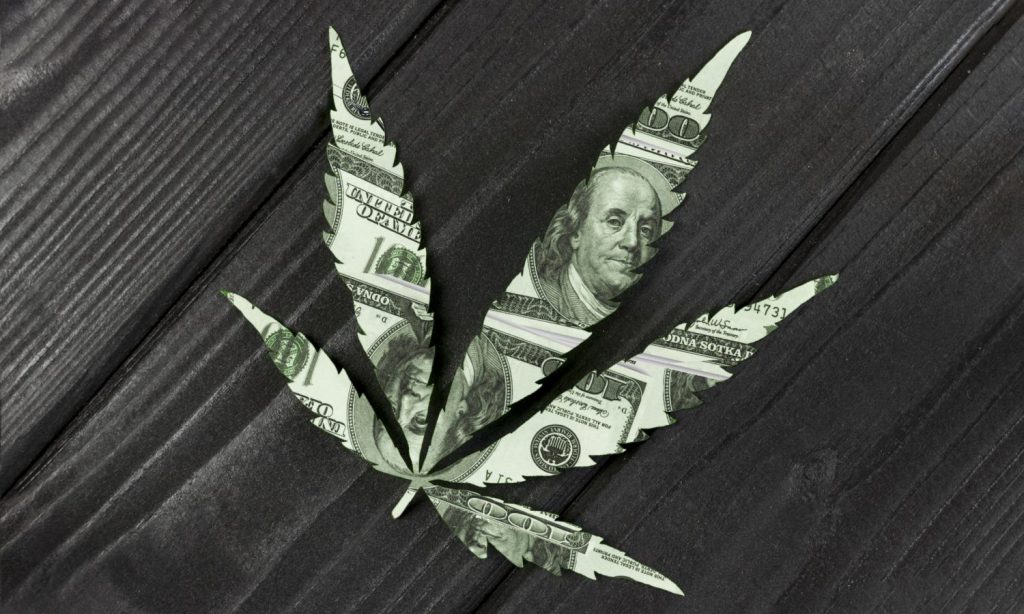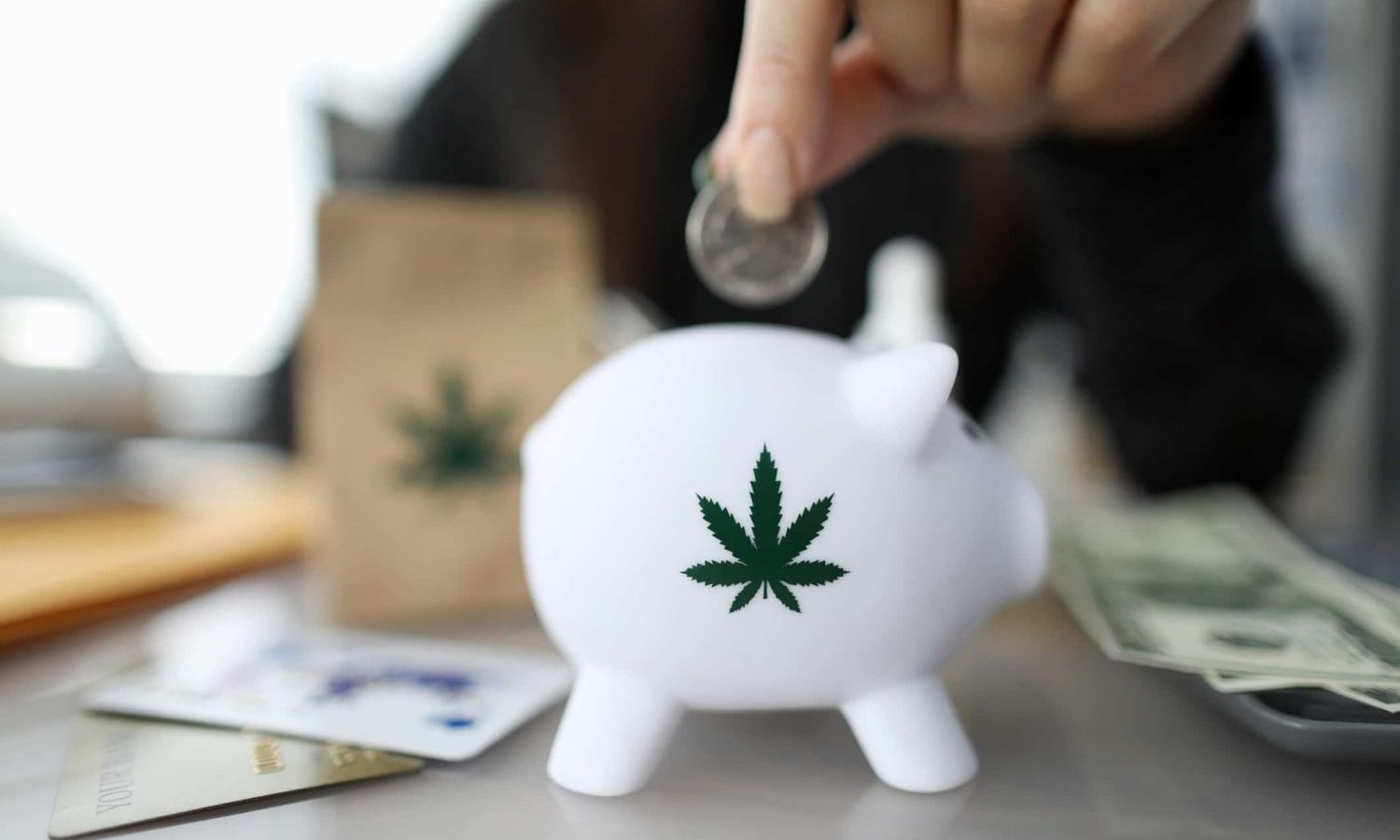I strongly believe that the cannabis industries (note the plural) are not only suitable for ethical investors, they are compelling.
Disclaimer: The views expressed in this article solely belong to the author and do not necessarily represent those of The Fresh Toast.
It would appear that the gradual legalization of cannabis is leading big investment funds, pensions, mutual funds, etc, to recognize that cannabis is a compelling area for investment.
However, institutional investors may find themselves uncomfortable with an industry that has been so “controversial” (pardon the understatement) for so long. And at first blush (pardon the expression), they may have doubts about its suitability.
Should the “marijuana” segment be viewed like tobacco as a “sin” industry which various groups will shun for religious or moral reasons?
SEE: Tobacco Companies and Cannabis – Should They Be Allowed In?
In the highly segmented investment industries, many institutions may have boards that limit their endowments’ investments to companies and industries that meet certain ethical criteria.
However, I strongly believe that the cannabis industries (note the plural) are not only suitable for ethical investors, they are compelling. And let’s start with marijuana. Weed. Pot. Grass. Ganja. Etc.
An investor, personal and/or institutional, may disapprove of “getting high”, but — even given that premise — could a marijuana company actually be an ethical investment?
I would argue that any investment that reduces the role of the black market for marijuana is an ethical investment. The black market has no age restrictions to keep weed away from minors. The black market has no labeling for potency. The black market has no quality control to prevent contamination or other problems. Consequently, any investment that protects the consumers and the general public is an ethical investment.
Of course, there is a lot more to cannabis/hemp than “marijuana”, but medical marijuana is where they overlap. Cannabis had been used medically for thousands of years, but it had to be rediscovered as “medical marijuana” during the AIDS epidemic as the Drug Warriors were quite willing to let people die in agony to suppress the medical uses of the plant.
SEE: COVID-19, AIDS And The Suppression Of Medical Cannabis
Even now, the Federal government is making life difficult for farmers who try to grow hemp (for CBD) with an entirely arbitrary limit on the THC levels (0.03%) at any point in the process. I cannot imagine a more “ethical” investment than one that helps both farmers and the sick and dying.
Beyond that list, there are other environmental benefits that may be even more important in developing countries, and morally compelling for ethical investors.

For example, soil erosion is a global problem, especially in the wake of widespread deforestation which is destroying the developing world. The recent hurricanes that devastated Central America, especially Honduras, have demonstrated the urgency of the problems. Hemp roots and stalks can help hold the soil in place, and hemp stalks can also be used for firewood.
Hemp can also be used in construction. “Hempcrete” can easily be made in developing countries, but should be exported and used anywhere.
The decline in the migratory bird numbers is a major warning sign, but wild hemp seed is excellent bird food. “Ditchweed’, feral hemp leftover from previous legal cultivation during WW2, was an important ground cover, but it was also a classic boondoggle, as the military spent millions every year eradicating the crops after they had seeded, so there would be new crop next year. (Really)
SEE: Feral Hemp
A “Socially Responsible” investor will find many more areas for cannabis related “Venture Capital” investments that really will “make a difference” for both the investors, the environment and the public health.
I highly recommend this Forbes article from 2013. It is wonderful to see how far we have come, and how much we have to do.
SEE: Industrial Hemp: A Win-Win For The Economy And The Environment
Richard Cowan is a former NORML National Director and author of A Beginner’s Guide To CBD Distillate.


